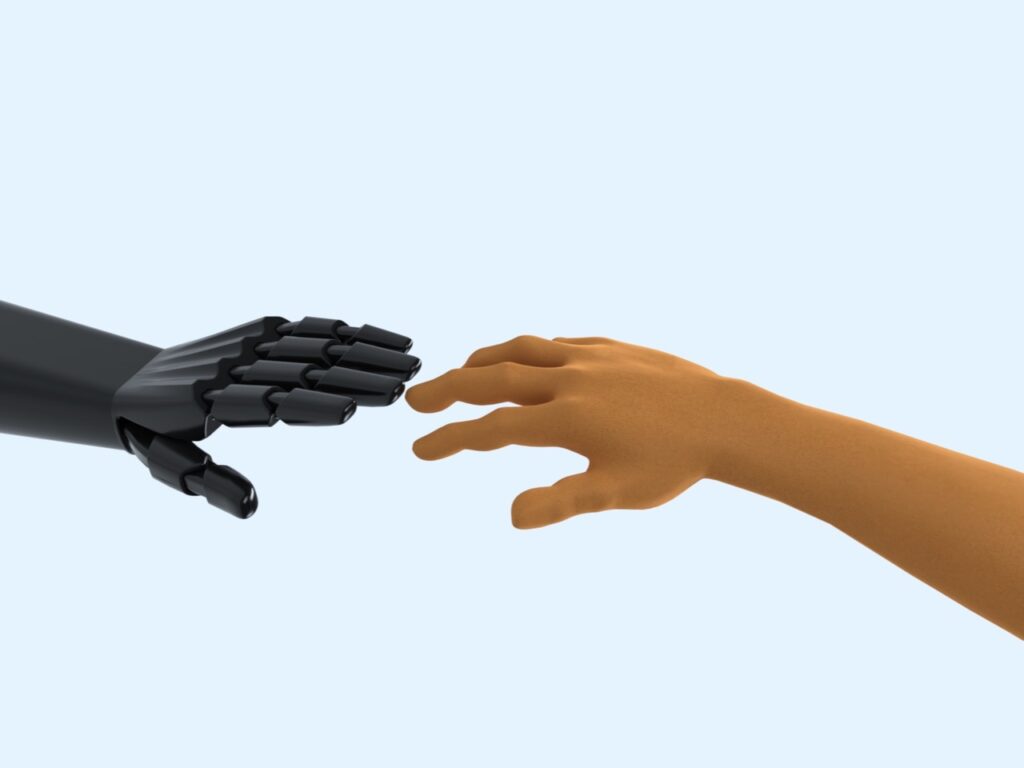Edinburgh researchers have developed ‘warmer, more humanistic’ prosthetic limbs at a cutting-edge robotics facility.
Designers 3-D printed materials for more comfortable, functional, and affordable upper limb prosthetics at Heriot-Watt university’s DeepTech LaunchPad programme.
David Yeudall, founder of Infinity DPM, participated in the inaugural cohort of the six-month accelerator initiative, which supports entrepreneurs working in robotics, AI, and advanced engineering to commercialise their innovative ideas and concluded this month.
During the programme, Yeudall made significant progress on multiple upper limb prosthetic projects. A key innovation in his approach is the use of softer, warmer materials to create more humanistic prosthetics compared to traditional rigid designs.
Yeudall’s innovations come at a crucial time for the prosthetics industry with the global market valued at more than $6.7 billion and expected to grow to $9.8 billion by 2032 – underscoring the increasing demand for more advanced, comfortable prosthetic solutions that can significantly improve users’ quality of life.
A 2021 study published in the US National Library of Medicine2 noted that “while commercial prostheses present rigid mechanical structures, emerging trends in the design of robotic hands are moving towards soft technologies.” The same study highlighted that “lack of comfort and function remain persistent reasons for upper limb prosthesis abandonment.”
“Traditional prosthetics can often feel cold, stiff, or uncomfortable for users,” said Yeudall. “We’re aiming to change that by developing softer, warmer materials that feel more humanistic. Our goal is to create prosthetics that not only restore functionality but also feel more natural and comfortable for daily use. This approach could make a significant difference in the lives of people who rely on prosthetics, potentially improving their quality of life and expanding their capabilities.
“The DeepTech LaunchPad programme has been instrumental in advancing our work. Access to the National Robotarium’s facilities at Heriot-Watt, particularly its 3D printing capabilities, allowed us to rapidly prototype and refine our designs. The programme also provided invaluable engineering validation and helped us articulate and pursue our core mission as a business: restoring functionality to amputees in a way that’s more accessible and comfortable.”
The DeepTech LaunchPad initiative was supported by Barclays Eagle Labs through the Department for Science, Innovation and Technology Digital Growth Grant and provided organisations with access to tailored business support services, facilities and equipment within Heriot-Watt and the National Robotarium, the world-leading centre for robotics and artificial intelligence based at the University’s Edinburgh campus.
